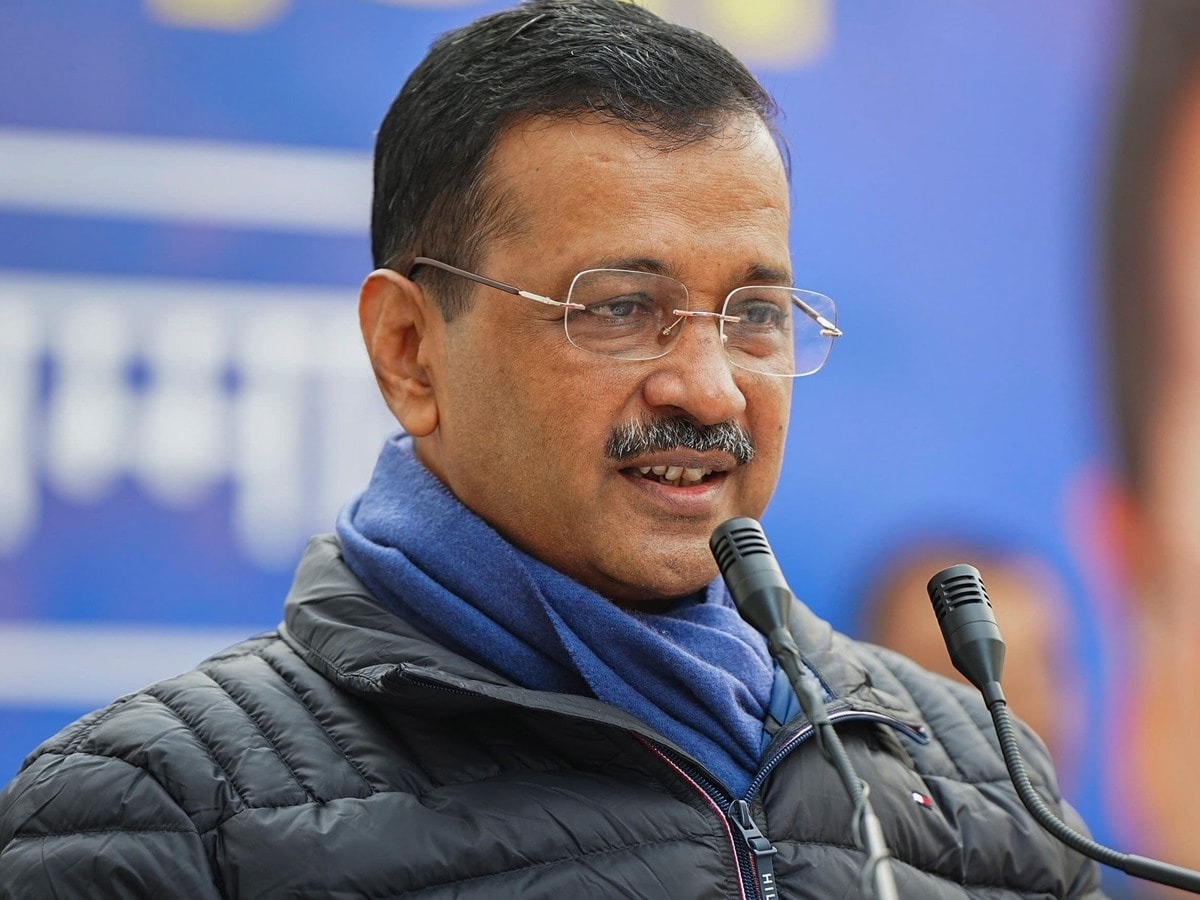There is intense activity among political parties regarding the upcoming assembly elections in Delhi. The Aam Aadmi Party (AAP) has found another issue to target the Bharatiya Janata Party (BJP) over law and order. Arvind Kejriwal has attacked BJP over Home Minister Amit Shah’s comment on Dr. Bhimrao Ambedkar.
Kejriwal alleged that Amit Shah has insulted Baba Saheb. He announced that he will go to every house of Delhi regarding this matter and make it an election issue. On Wednesday, he expressed his protest by sitting on the road.
AAP’s eye on Dalit voters
Behind this anger of Kejriwal and ‘AAP’ political mathematics Is hidden.
- Dalit Community: There is a sizeable population of Dalit community in Delhi, and their role is important in deciding the victory or defeat of the candidates on many seats.
- Reserved seats: Of the total 70 assembly seats in Delhi, 12 are reserved for Scheduled Castes.
- 2015 and 2020: In the last two elections, AAP had won unilaterally on these seats.
- Now, 10 years anti-incumbency ‘AAP’ is facing through these controversies dalit voters She is trying to bring him back into her fold.
BJP’s challenge
BJP is also fully prepared to strengthen its hold on reserved seats.
- Emphasis on issues: BJP is strongly raising the issues of bad roads, dirty water and slums.
- Focus on slums: BJP leaders are busy pointing out the shortcomings of the Kejriwal government by visiting the slums, where most of the people from Dalit, backward and deprived communities live.
- BJP hopes that it can garner the support of these communities through development issues.
1993 to now: History of reserved seats
If we look at the electoral history of Delhi, it is clear that whichever party performed well on the reserved seats formed the government.
- 1993: There were 13 reserved seats in Delhi. BJP formed the government by winning 8 seats.
- 1998: Congress wins all 12 reserved seats and comes to power.
- 2003 and 2008: Congress formed the government by winning 10 and 9 reserved seats respectively.
- 2013: Aam Aadmi Party won 28 seats, of which 9 were reserved.
- 2015 and 2020: AAP performed brilliantly on reserved seats and won a thumping majority.
It is clear that Dalit voters are a big factor in election victory in Delhi.
AAP’s strategy: Ambedkar’s issue and attack on BJP
Arvind Kejriwal’s party has made a strategy to attract Dalit voters by accusing BJP of insulting Ambedkar.
- Leaving Congress behind, Kejriwal has adopted an aggressive opposition stance.
- AAP wants this issue to become only a dispute between BJP and them, so that Dalit voters can be attracted as much as possible.
Challenges on reserved seats of BJP
BJP had to face crushing defeat in the 2015 and 2020 elections on reserved seats.
- BJP knows that it is difficult to get power without performing well on reserved seats.
- For this reason, the party is visiting slum areas to expose the failures of the AAP government.
 look news india
look news india

